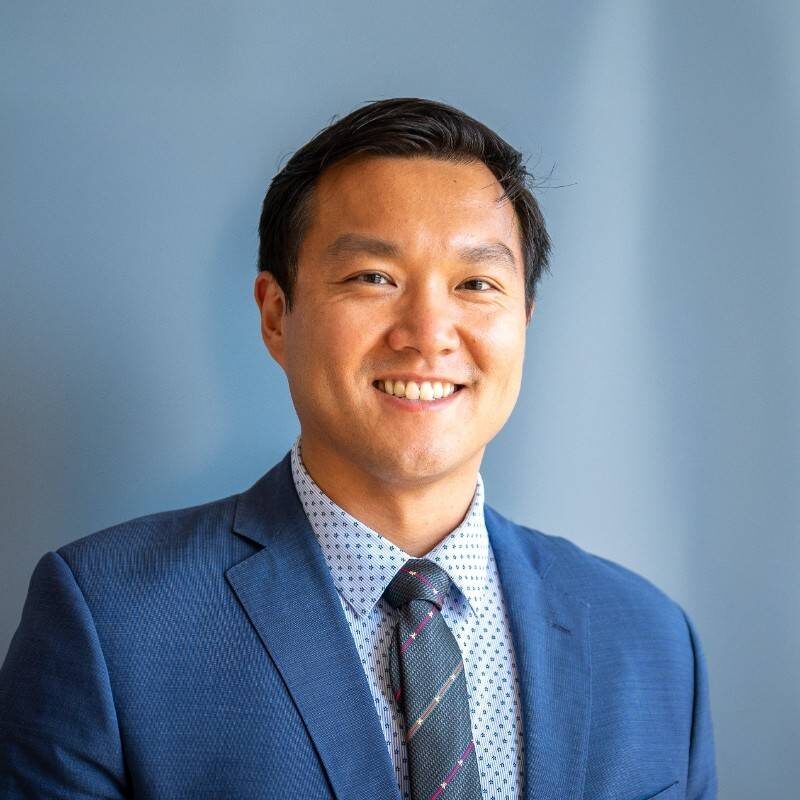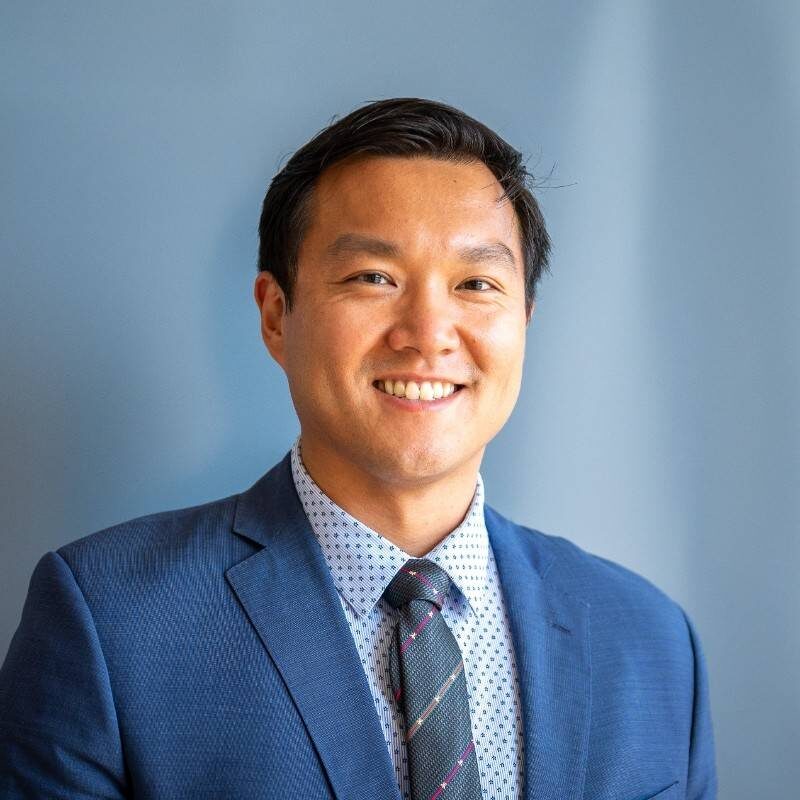
Building a Healthcare Career You Love
“37% of clinicians are considering leaving their role in the next 2–3 years.”
Clinicians enter the workforce to help people—but working with patients is no easy task. Medical training and administration is grueling across the board, whether you’re a physician, nurse, allied health professional, or care assistant. COVID-19 brought this to the forefront of society’s attention, but the reality of this profession never changed: providing medical care is hard.
Yet clinicians still love their work. “86% of clinicians report enjoying their jobs.”
Where’s the disconnect between these two statements? How can they co-exist? I believe it all boils down to one thing: Clinicians are looking to build careers they love, and they want to help patients while doing it.
Modern clinic structures burden new grads.
A lot of clinician dissatisfaction comes not from the emotional and physical toll of patient care, but from the gunk that surrounds it, like:
- Dealing with electronic medical records,
- Arguing with insurance companies, and
- Managing student loan debt, to name a few pain points.
Additionally, while the nature of care itself is rewarding and invigorating, the environment of care has evolved to a point where clinicians are commoditized. Look at any major job board now; a “$49/hour!” tagline is the main selling point of a position, as if clinicians are attracted by the same incentives used in ads for pizza delivery drivers.
Clinicians save lives.
I want to repeat that.
Clinicians save lives.
How can we do better by our frontline healthcare workers? I propose a simple solution: Give them tools to build a career they love.
New grads are tempted into unhealthy work environments.
Over the last 30 years, staffing agencies and recruiters have saturated the market with higher per-hour, part-time roles. These roles have grown in popularity because of rising student loan debt, but they’ve crushed the spirit of many new graduates who are the future of our profession. I’ve spoken to dozens of clinicians who’ve left the field who’ve mentioned that accepting their first traveling, part-time shift role in the middle of Iowa crushed their mental health and, ultimately, became a large reason why they left the profession.
You cannot expect to thrive when you’re stuck in an understaffed, overworked care facility—especially without any previous professional experience or the mentorship and tools needed to transition from new graduate to seasoned expert. A subset of new grads might make it, but as a whole, these environments place our greatest healthcare resource, the next generation of clinicians, at risk. That’s not to say that short-term shift work has no place in healthcare; there will always be a place for flexible work—whether that’s to cover an unanticipated rise in patient volume, or for that mid-career clinician looking to balance work and home life (because, let’s face it, childcare is expensive). But, for new graduates, these positions are less than ideal. New grads are the seeds of the future, and we have to help them grow into a strong future healthcare workforce by reflecting their values.
The next generation of clinicians want more than money.
While money and salary matter a great deal to Gen Z, the younger generation holds dear many other values. Gen Z employees prioritize working at organizations with ideals that align with their own, and they desire “diverse and entrepreneurial opportunities with the safety of stable employment…[They] will remain loyal to a company if they can offer this.”
A new generation of millennial and Gen Z workers are entering the workforce right now. This is an enormous opportunity for the healthcare profession to improve its retention rates—but only if we take initiative. Healthcare, for its own sustainability, needs a wholesale shift in its approach to staffing and short-term shift work.
But how do we do this? By helping clinicians build careers they love: careers where professional growth is pre-planned, milestones for promotion are clearly defined in advance, work-life balance is respected, and diversity and culture are celebrated. We must present, with gusto, opportunities to acquire and implement the skills this digital-native generation is passionate about (e.g., data and analytics, telehealth, digital marketing).
It’s our duty to uplift future clinicians.
We need our young people to thrive, which means we older folks need to lend them a helping hand. The professional processes that worked for us no longer work for the next generation, and, if we don’t shift our perceptions of what a healthcare career can become (and what clinicians can do in the clinic and beyond), we’ll continue to lose more stellar healthcare workers. We cannot keep losing clinicians to medical school opt outs or early attrition after graduation.
Let’s change healthcare together.
Jonathon Lee is a physical therapist and the co-founder of Next Degree, whose mission is to help clinicians find jobs they love. His healthcare career blog, Careers Beyond Clinic, can be found on Medium.

